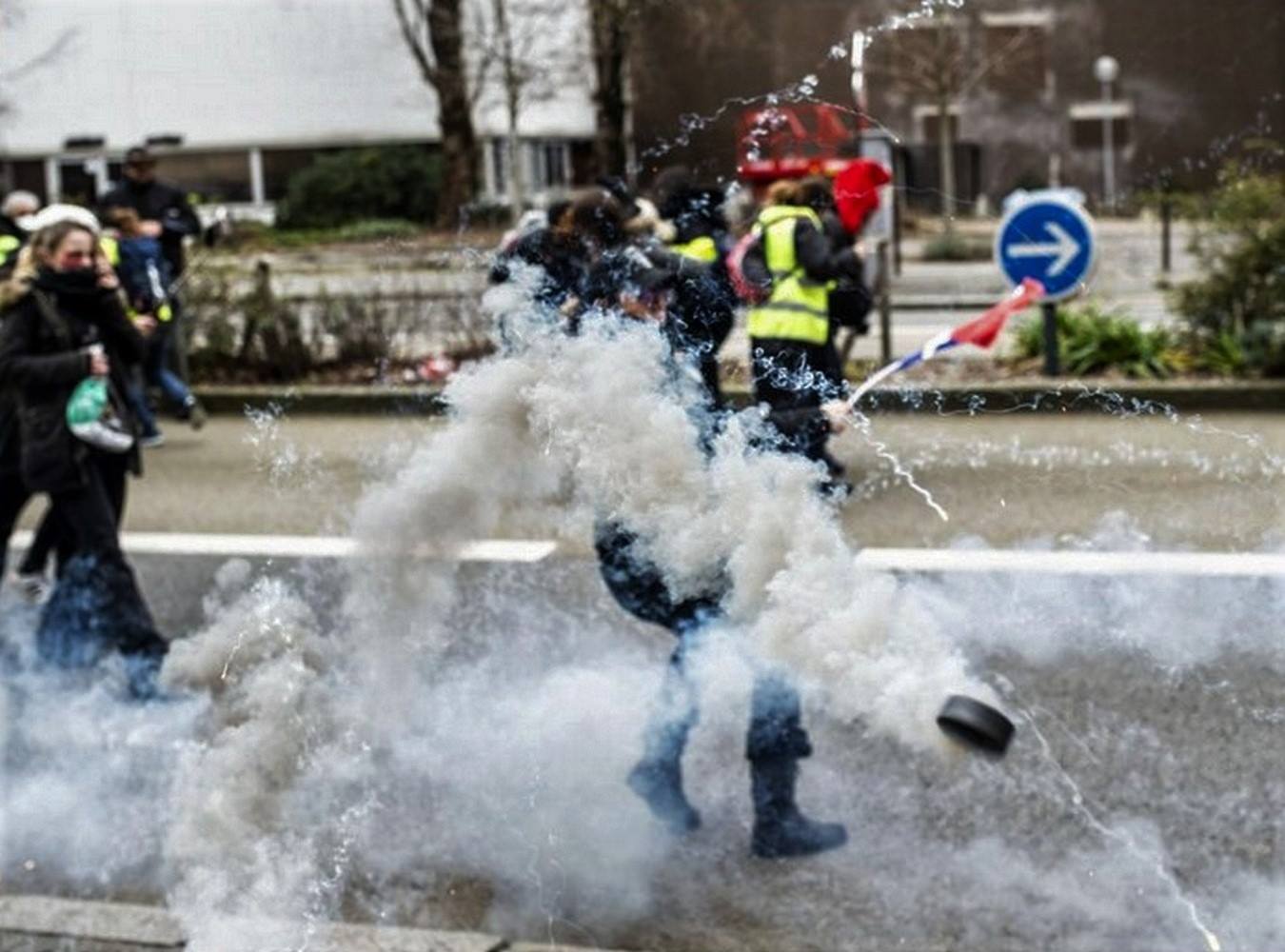…
The riot is most important, then, not in its traditional ability to win demands that progressives can only drool over, but instead when it takes on a demandless character. This absence of demands in the riot and occupation implies two things: First, it implies a rejection of existing mediations. We do not intend to vote for fundamentally corrupt political parties or play the rigged game of activism. Though it may be important in particular instances to fight for and win certain demands, such as the demand for $15 an hour, these reforms in and of themselves contribute nothing to the ultimate goal of winning a better world. They can contribute to this project only in very particular contexts, and only when superseded by forms adequate to that true project, as when the growing spate of strikes in Egypt in the years leading up to 2011 was suddenly superseded by a mass insurrection.
Second, it implies the question of power. The riot affirms our power in a profoundly direct way. By “our” power I mean, first, the power of those who have been and are continually fucked-over by the world as it presently is, though these groups by no means all experience this in the same way and to the same degree—the low-wage service workers, the prisoners, the migrant laborers, the indebted, unemployed graduates, the suicidal paper-pushers, the 农民工on the assembly line, the child slaves of Nestle cocoa plantations, my childhood friends who never got out of the trailer or off the rez. But I also mean the power of our generation: the millenials, a label that already implies the apocalyptic ambiance of our era. Or, more colloquially: Generation Fucked, because, well, obviously.
read here

